Black Cantabs: History makers
30 October 2018
Talking about race is not easy. A recent report into race at work suggested less than 50% of employees feel comfortable discussing the topic. The same picture is true for students; research by the Runnymede Trust highlighted the fact that in Bristol, one of the most diverse cities in the country, fewer than 2% of teachers are black. Some Oxbridge colleges admitted no black students between 2012 and 2016.
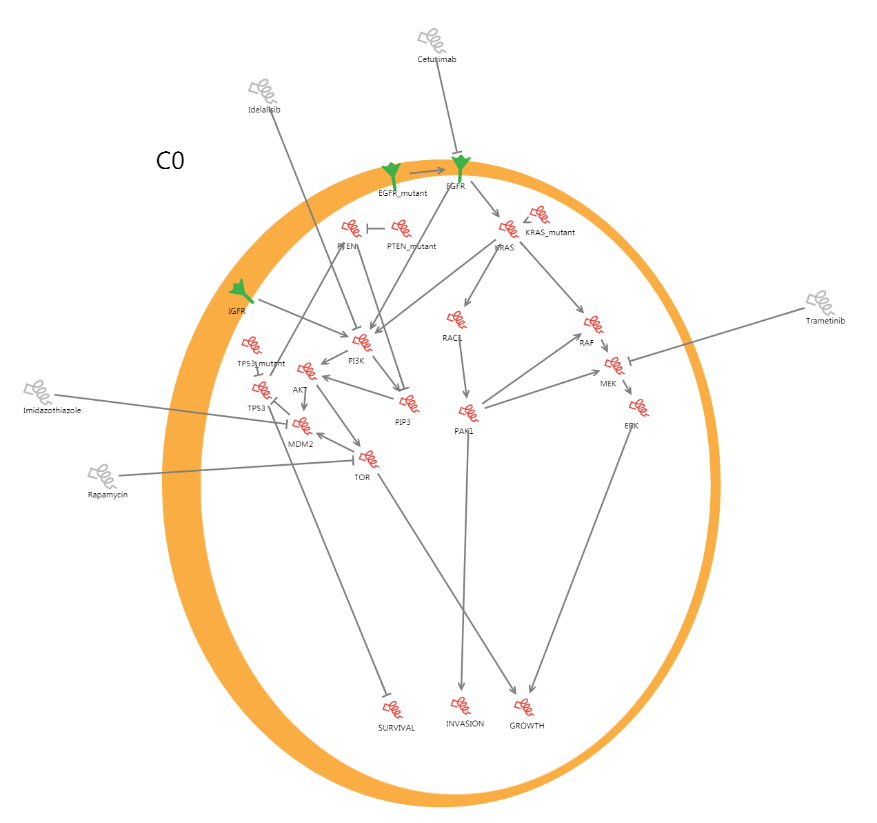
It is against this backdrop that a wonderful new exhibition opened at Cambridge University Library celebrating the lives of pioneering black students across fields ranging from law, politics, acting, writing and the armed forces. The opening of the exhibition showcased the hard work and effort the Black Cantabs society had put in to researching these important but too often overlooked trailblazers, and the skills of the photographers and curators in creating a meaningful journey of discovery of black lives as one walked up and down the hushed and impressive Royal Corridor.
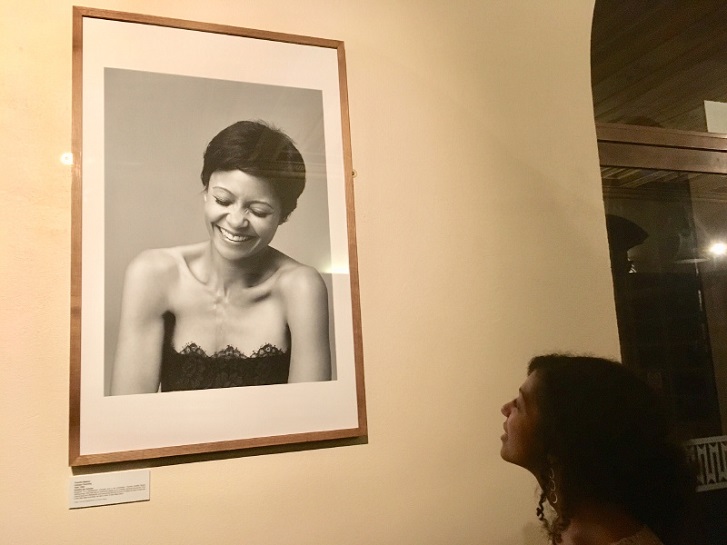
The Black Cantabs: History Makers exhibition thus manages to achieve several important things. Firstly, it celebrates trailblazing black students. Secondly, it serves as inspiration to younger generations of black students aspiring to prestigious higher education institutions. Thirdly, it demonstrates a commitment on the part of the University of Cambridge to do something about the problems that have been highlighted.
The university is committed to broadening access to the public, and is offering free tours of the exhibition to anyone. It was particularly inspiring to see young black students attending the evening and gazing in wonder at the portraits before them – the first black female composer to have a work featured at the Proms, perhaps the first ever black Cambridge student Francis Williams, born around 1700.
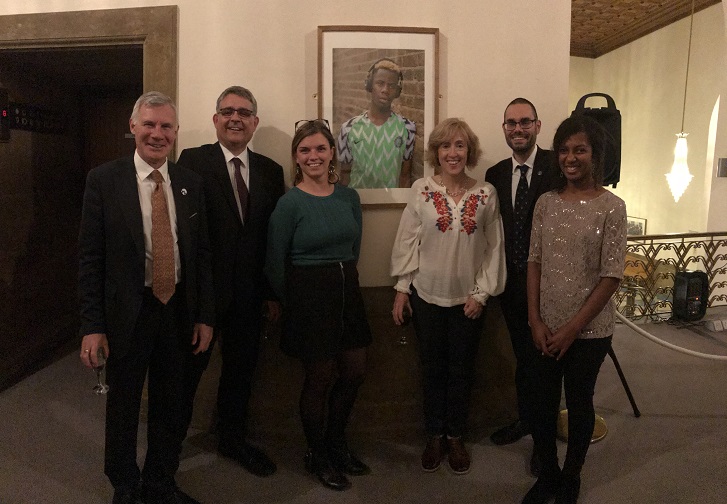
There was a real buzz of excitement at the exhibition launch. For the first time, black alumni of the university had taken their rightful place in the hallowed halls and learning spaces of the university. The library had become a quietly noisy place full of discussions about what young black students can achieve, what doors can be unlocked, what new trailblazers can be photographed and adorn the walls of the university in the future.
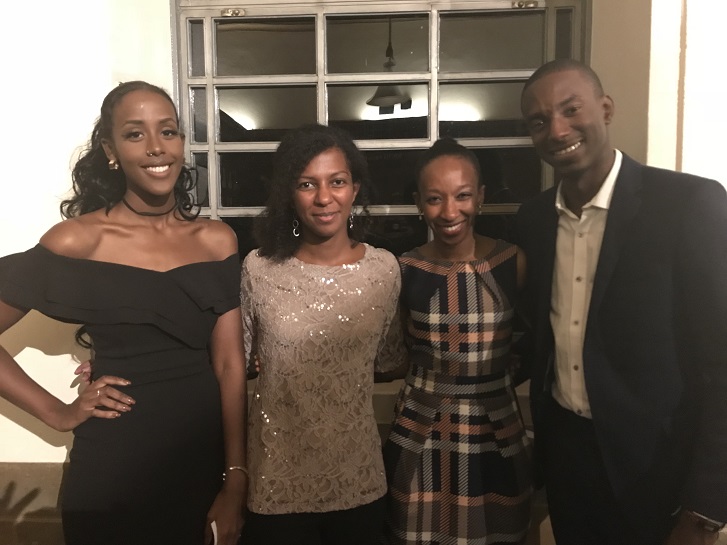
I hope some of those young black students in Bristol, who commented “If I had a black teacher it would make such a difference, because kids would see that everyone is being represented” get the chance to come and see this exhibition, wonder as we all did at the sacrifices and achievements of the faces that stared or laughed or gazed down at us from the portraits, and dream of what might be written about them, when one day in the future they sit down for their portrait at an exhibition celebrating Black Cantabs: History Makers.
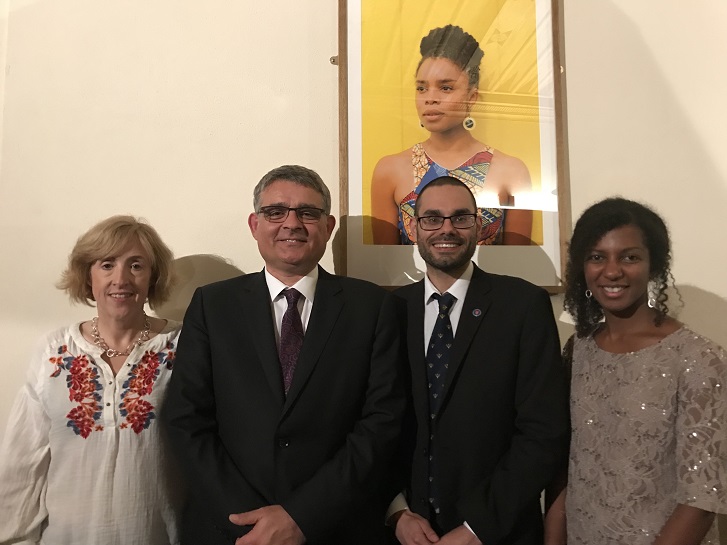
OCR has worked hard to diversity its history curriculum over the past few years, so that students do not have to wait until university to see themselves reflected in their study of the past. We now offer GCSE courses in migration history and an A Level option covering African Kingdoms c.1400-1800. You can view these courses here.
Get in touch
Share your experiences and submit your comments below. If you have any specific questions, email us at history@ocr.org.uk and for regular updates about anything History related, sign up for email updates or follow us on Twitter @OCR_History.
About the author
Asher Goodenough - Subject Specialist - History
 Asher has worked at OCR since September 2015, and is a History Subject Specialist and also looks after Critical Thinking. His degree is in Modern History with a focus on British and American history since the 19th century. Previously, Asher was a teacher of History, Co-ordinator of Critical Thinking, and Head of History, working in schools in England and Germany. In his spare time he is an avid cricket, travel and cooking enthusiast.
Asher has worked at OCR since September 2015, and is a History Subject Specialist and also looks after Critical Thinking. His degree is in Modern History with a focus on British and American history since the 19th century. Previously, Asher was a teacher of History, Co-ordinator of Critical Thinking, and Head of History, working in schools in England and Germany. In his spare time he is an avid cricket, travel and cooking enthusiast.